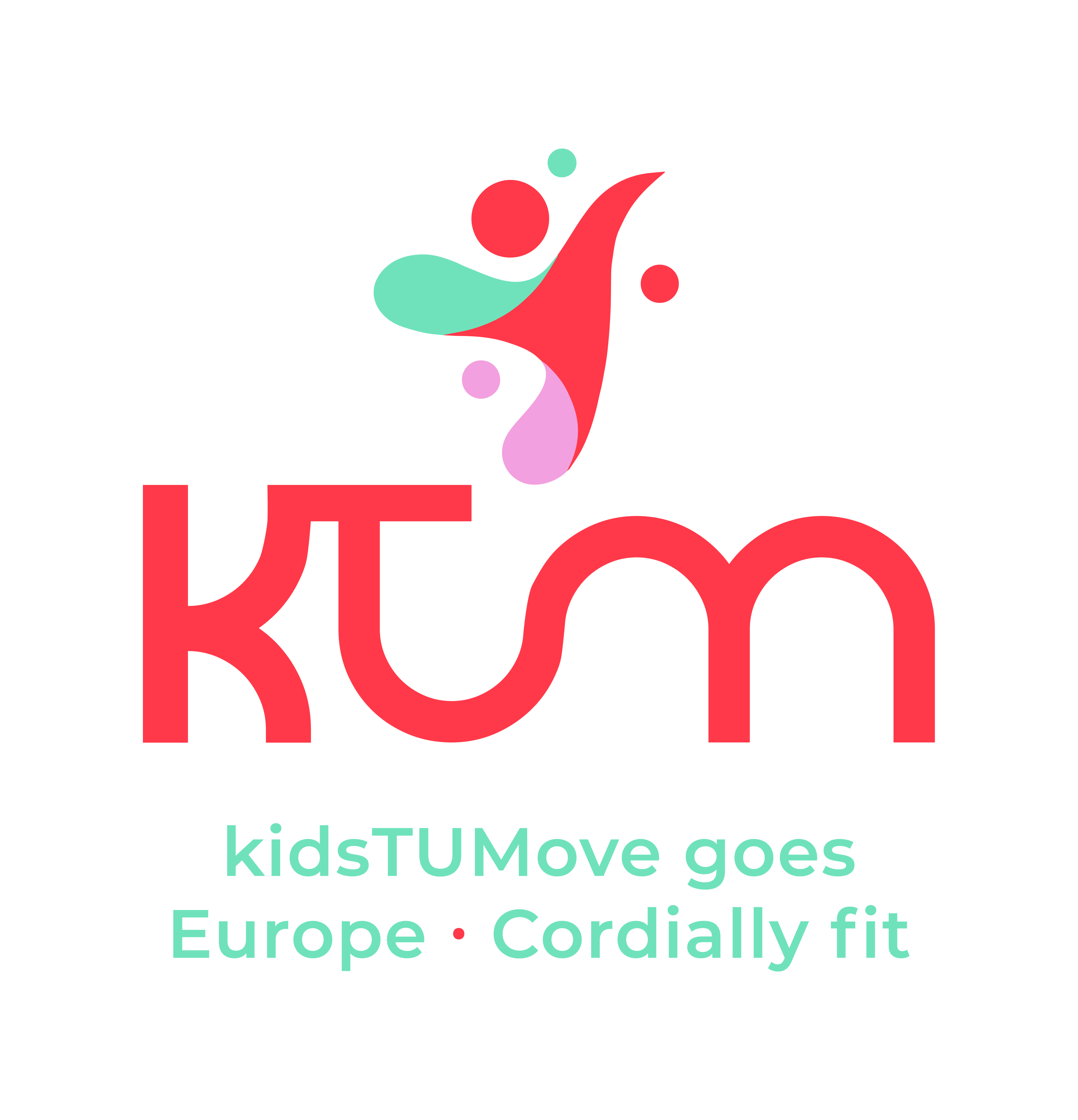Supporting children and adolescents in managing chronic health challenges requires a comprehensive and multidimensional approach. In the KTM project we bring together some of those aspects, such as awareness and education, healthy lifestyle, family and peer support and empowerment, focusing on physical activity participation as the basis for improving well-being and quality of life. Remember, everyone’s needs and challenges may vary, so it’s important to tailor the support to their specific circumstances. Here are some strategies and considerations that can be helpful:
Education and Awareness
- Provide age-appropriate information about the condition, its management, and potential challenges.
- Encourage open communication and answer their questions honestly.
- Help them understand their rights, including access to accommodations and support services.
Healthcare Team Collaboration
- Foster a collaborative relationship between the child, their family, and healthcare professionals.
- Ensure regular follow-ups with healthcare providers to monitor progress and address concerns.
- Encourage active participation in their healthcare decisions, empowering them to become self-advocates.
Emotional Support
- Create a supportive and empathetic environment where children feel safe expressing their emotions.
- Encourage them to share their feelings and concerns about their health challenges.
- Consider involving mental health professionals who can help them cope with stress and emotional difficulties.
Peer Support and Mentorship
- Connect children and young adults with others who share similar health challenges.
- Peer support groups and mentorship programs can provide a sense of belonging, inspiration, and shared experiences.
- Encourage participation in community or online platforms where they can interact with peers.
Individualized Accommodations
- Collaborate with schools, colleges, or workplaces to establish appropriate accommodations.
- This may include flexible scheduling, modified assignments, physical accessibility, or extra support in academic settings.
Healthy Lifestyle
- Promote a balanced and healthy lifestyle, including regular physical activity and a nutritious diet.
- Provide resources on stress management techniques, relaxation exercises, and mindfulness practices.
- Help adolescents and young adults develop the skills necessary for self-management.
Family Support
- Offer support and resources to the child’s family, as they play a crucial role in managing chronic health challenges.
- Encourage open communication within the family and provide them with opportunities for education and self-care.
Advocacy and Empowerment
- Teach children and adolescents to advocate for their needs and rights.
- Help them develop self-advocacy skills, such as effectively communicating with healthcare providers and educators.
- Encourage involvement in advocacy groups or initiatives related to their health condition.

